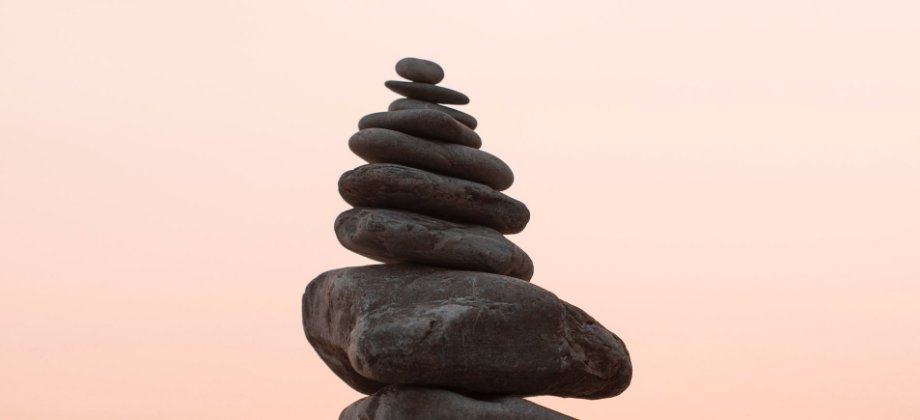
Yoga Studio Auditions - How They Work And How To Prepare
Yoga studios recruit new teachers through various routes. For teachers who are newly qualified, new to the area, or just unknown to the studio, most hold auditions or trial classes in order to decide whether or not to employ a teacher. The auditions might be for a place on the studio’s cover list or for a regular teaching slot. If you submit your C.V. to a studio and they’re interested, the chances are they’ll invite you in so that they can find out what your teaching is like first hand.
Yoga studio staff are, in general, a lovely bunch of people, and they’ll be rooting for you to do well.
An invitation to audition can be daunting when you’re unfamiliar with how these trials might work, but they’re really nothing to worry about! Yoga studio staff are, in general, a lovely bunch of people, and they’ll be rooting for you to do well.
How do auditions work?
The format of auditions or trial classes varies from studio to studio. Common ways of running auditions include:
- Audition days - the studio will schedule a number of auditions on the same day and invite you in for a slot. Often, teachers are asked to stay and ‘be a student’ in the trial class of another teacher before or after their own.
- Individual auditions - if you’ve sent a studio your C.V. and they want to know more about you, they might arrange an individual audition with you at your mutual convenience.
- Teaching studio staff - more often than not, you won’t be teaching a whole class to a room full of people - you’ll be teaching a short sample class to two or three members of the studio’s staff and/or current teachers.
- Teaching studio clients - this is less common, but some studios will ask you to come in and teach a full class to a group of their students. If this is the case, forget that it’s a trial, and just teach the class as you would normally!
If you’re unsure about how your audition will work, give them a call to clarify the details.
How Do You Prepare?
Your audition will likely be between fifteen and thirty minutes long. The key is not to over prepare - often, new teachers feel nervous about studio auditions and counter their nerves by planning elaborate sample classes with complex postures and transitions. But there’s really no need to do that. The people auditioning you don’t want to see you doing impressive poses, or to be tied up in knots in the middle of their working day.
They do want to find out:
- What your teaching voice sounds like, and the kind of language and cues that you use. Choose simples postures and flows, and focus on giving clear cues that would be easily understood by beginners as well as advanced practitioners.
- Whether you have a solid understanding of anatomy. Choose a peak posture to work up to in your sample class, and then create an uncomplicated flow that stretches, opens and strengthens the necessary areas of the body to enable the student to enter that posture safely. Mention a few key muscles, and if appropriate, suggest alternative postures for students who have a physical reason not to take a certain pose.
- Whether you’re confident in providing modifications and progressions for different levels of ability. Make sure you include different variations. Start with the simplest one, and then build more challenging variations on top of this foundation - always offering the variations as options, not requirements.
- If you’re someone they want to work with. It might sound obvious, but the studio staff want to get a sense of what you’re like as a person as well as a teacher. Even if you’re nervous, follow the age old advice: be yourself! They’ll want to work with friendly, positive teachers who are efficient with emails and adaptable to a busy and changing schedule.
So, your preparations don’t need to be complicated. Keeping it simple, concise, warm and professional will stand you in good stead. Here are some final tips to help you tie everything together and give the studio a good first impression:
- Check whether you are expected to start with a warm up, or whether you should assume that the people you’re teaching in your audition are already warm, and start as if you were mid-flow.
- Be honest! If you’re asked a question that you don’t know the answer to, say so. It’s not a crime to be a new teacher, and the studio staff will understand that everyone always has more to learn - and will appreciate that you told the truth. The same goes for your skillset; for example, if they ask you if you can teach pregnant women and you’re not sure or don’t have the training to do so, let them know.
- Time is important to busy yoga studios. It’s important to be on time for your trial, and to finish the class at the time that they ask you to. Studios always want to avoid having queues of students waiting outside for their class while the previous teacher overruns! So don’t forget your watch.







